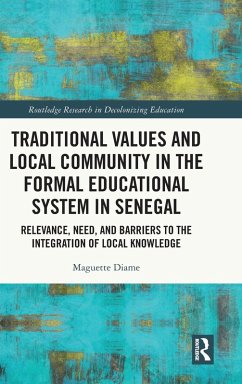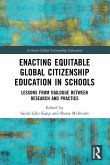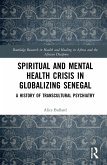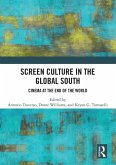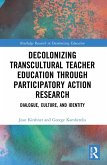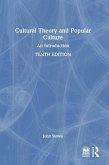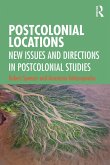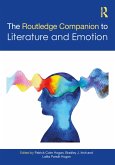This book explores the discourse of traditional values and local practices within the formal educational system in Senegal, investigating how these cultural elements are present in the daily life of the community and integrated into formal schools and teaching. Studying the integration of concepts such as Jom (hard work, pride, dignity), Kersa (decency), Fule (self-respect), Mun (endurance), Teranga (hospitality), Kal (kinship), and Suture (Protection), it looks at how values are used, perceived and understood within communities, as well as their positive and negative connotations in the postcolonial context. Based on long-term participant education and utilizing a critical auto-ethnography lens, it ultimately proposes that such concepts can be used to counterbalance the Western knowledge to which schoolchildren are mostly exposed, connecting this to Bhaba's system of the 'Third Space"; a hybrid system to accommodate both educational systems for more relevant education. An informed study of the positive impacts of traditional cultural values on education in Senegal, it will appeal to scholars, researchers and practitioners of education in post-colonial Francophone countries with interests in culturally relevant education, African education, post-colonial education, and international education.
Bitte wählen Sie Ihr Anliegen aus.
Rechnungen
Retourenschein anfordern
Bestellstatus
Storno

